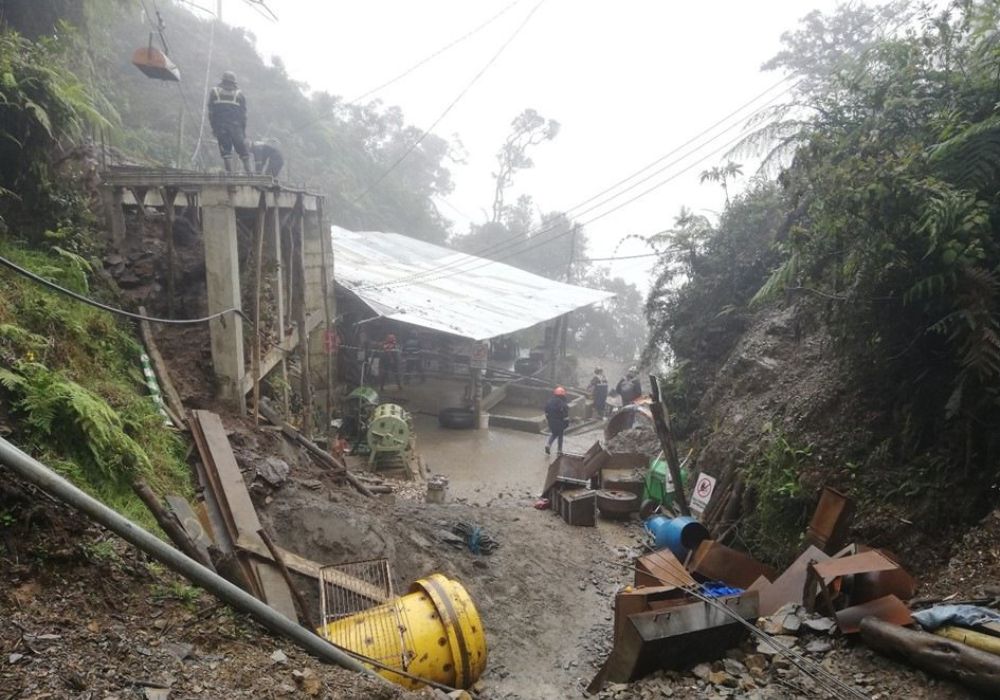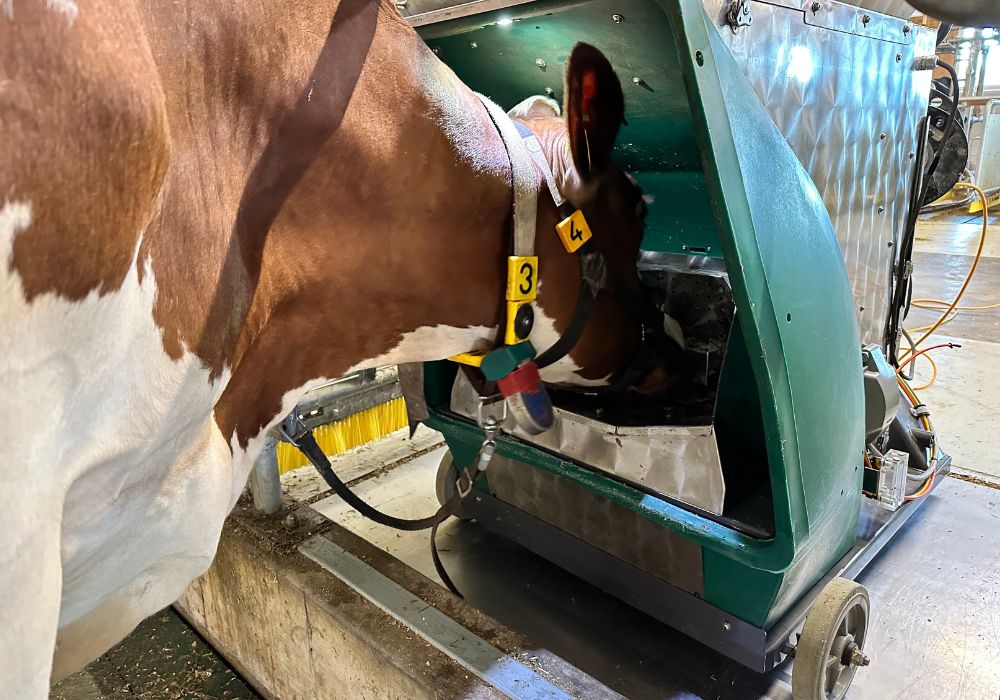Goal 12: Responsible Consumption and Production
Ensure sustainable consumption and production patterns
The world’s population currently consumes more resources than ecosystems can provide. For social and economic development to remain within the carrying capacity of ecosystems, fundamental changes are necessary in the way societies produce and consume. Goal 12 advocates environmentally sound management of chemicals and all waste as well as a substantial reduction in waste generation through measures such as recycling. Goal 12 also aims to halve food waste, encourage companies to adopt sustainable practices, and promote sustainable public procurement practices.
Source: www.eda.admin.ch/agenda2030 (edited)
Contributions of ETH Zurich (examples)
Within the framework of its core areas of research, education, campus and dialog with society, ETH Zurich contributes to Goal 12, for example, by the following activities:
Tackling economies outside the law

In the Development Economics Group, researchers are looking into the complexities of illicit economies, particularly in relation to the extraction of natural resources in developing nations. These illegal practices blur the boundaries between legal and illicit activities and impact peace, democracy, rule of law, and local governance. Especially in demand-driven industries like gold mining, informal and unlawful operations often lead to significant environmental, social, and economic repercussions, from environmental degradation to human rights abuses. The illegal trade further deprives nations of vital tax revenues. Addressing these challenges could revolutionize a nation's ability to uplift its population and finance actions to reach the Sustainable Development Goals. Moreover, the international ramifications are undeniable, as illicit practices exacerbate climate change and biodiversity loss. As the global shift to green energy accelerates, it's imperative to evaluate its implications on resource extraction regions. Consumers worldwide are urged to be conscious of the origin of minerals in products they purchase, as responsible sourcing can only be realized through collective demand and international collaboration. Read more here.
A sensual and intriguing food experience

At ETH Zurich, there's a unique fusion of food, science, and sustainability in the form of the spin-off external page Tastelab. Recognized as pioneers in crafting immersive experiences around food and sustainability, they are pushing boundaries in the culinary world. The initiative believes that understanding the lifecycle of food from farm to table, and a scientifically informed approach to cooking, can drive meaningful change. They emphasize that much of our perception of taste is psychological, making it a significant factor when considering sustainable food consumption. Leading a plant-based approach since 2019, Tastelab collaborates with other start-ups to innovate in sustainable cuisine, demonstrating the vast potential and diversity of plant-based foods. With initiatives like offering vegan foie gras to traditional eateries, their mission is to promote more conscious consumption and highlight the richness of plant-based alternatives. Read more here.
Cows on a more environmentally friendly diet

The Animal Nutrition Group explores sustainable animal nutrition. While ruminants are useful for transforming nutrients humans can't digest into valuable food products, their digestion process releases methane – a potent greenhouse gas. This has led to research into what these animals could consume to reduce methane emissions. Studies are underway to optimize feed types and the nutritional physiology of livestock, aiming to enhance nutrient utilization while curbing methane and nitrous oxide emissions. Initial results suggest that slight feed additives can diminish methane emissions by roughly 30%. Moreover, modifying animal feed's composition offers potential improvements. The research also delves into the impact of climate change on these animals, as factors like heat waves can hinder their immune responses and affect their welfare. Collaborative efforts with other research groups are leveraging precision farming technology and AI to enhance animal monitoring. There's also a push for non-invasive methods to gauge animal health through breath analysis. The drive is clear: leveraging science for sustainable animal agriculture. Read more here.
Inter- and Transdisciplinarity
The research program Swiss Minerals Observatory at the Institute of Science, Technology and Policy (ISTP) aims at improving the scientific basis for a more sustainable extraction and a more responsible trade of mineral resources.
Systems Perspective
Various units of ETH Zurich research and teach in the field of consumption and production. For example the Chair of Ecological Systems Design focuses on the resource efficiency and environmental performance of products and processes, new technologies, and consumption patterns from a systems perspective. Or the Sustainable Food Processing group focuses on a system oriented approach in food production via the consideration of the total value chain.

Lived Sustainability on Campus
Sustainable events
ETH Zurich provides three guides for planning and implementing sustainable events. Silver and gold labels can be obtained for exemplary implementation of the measures.
Sustainable nutrition
The Project Sustainable Gastronomy aims to support the long-term development towards sustainable gastronomy at ETH Zurich and is scientifically based.
It will run for three years (2022-2024) and covers four sustainability categories: climate protection, conservation of resources, social issues and ethics, and health. A total of 17 criteria with specific targets have been defined.
